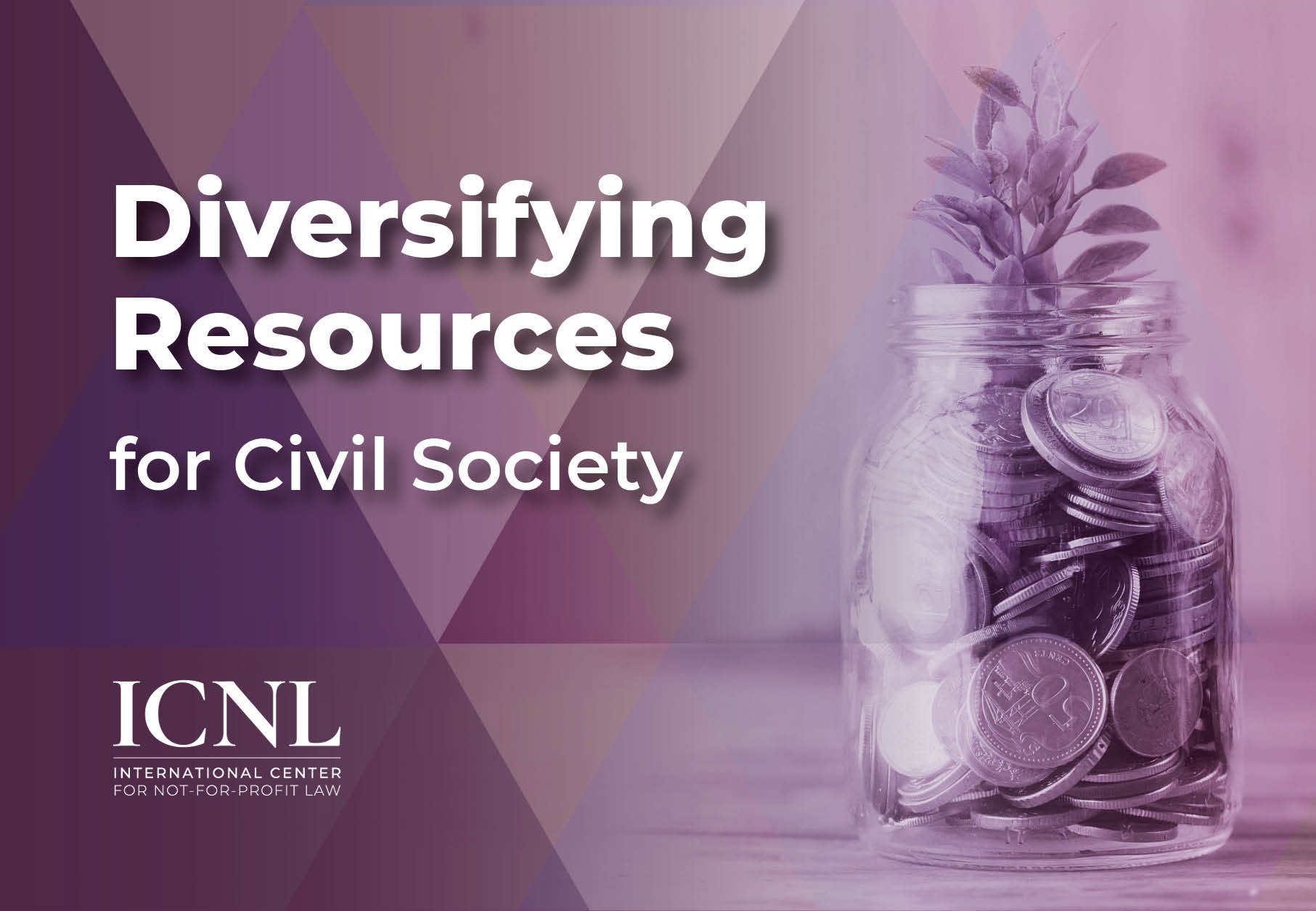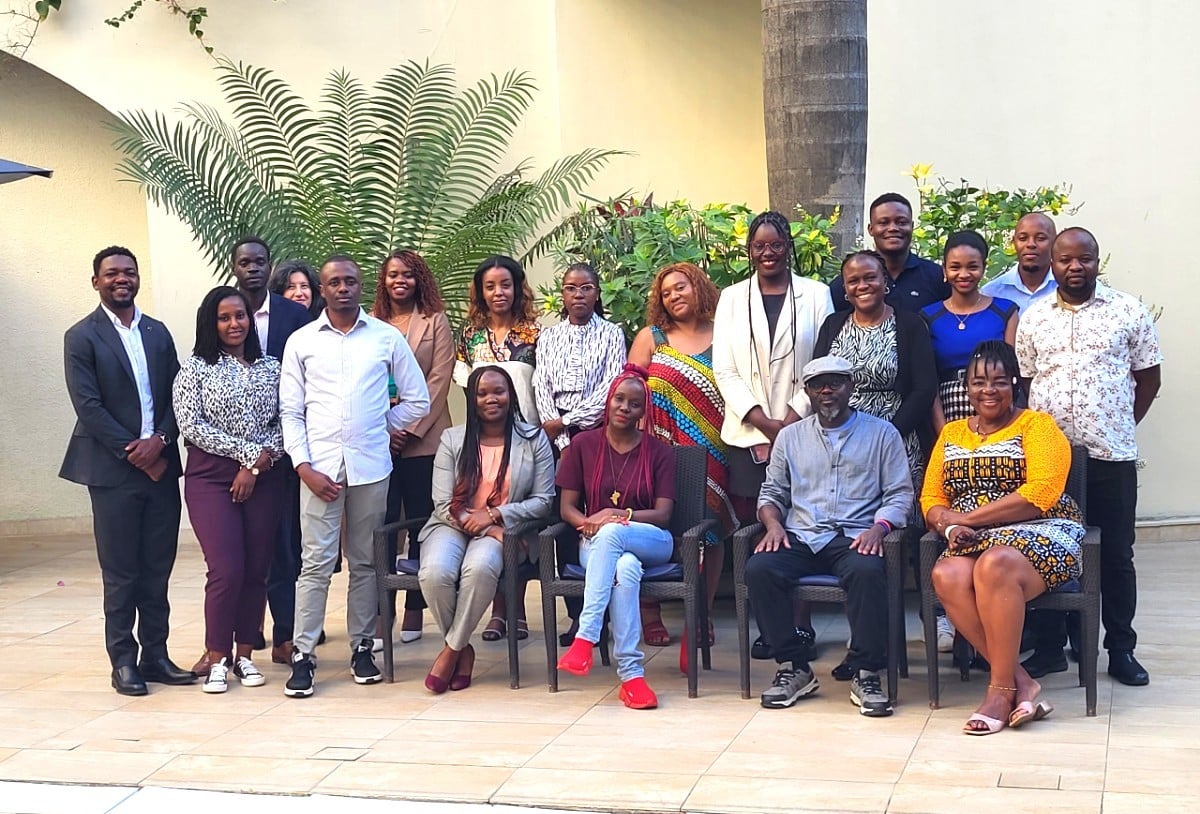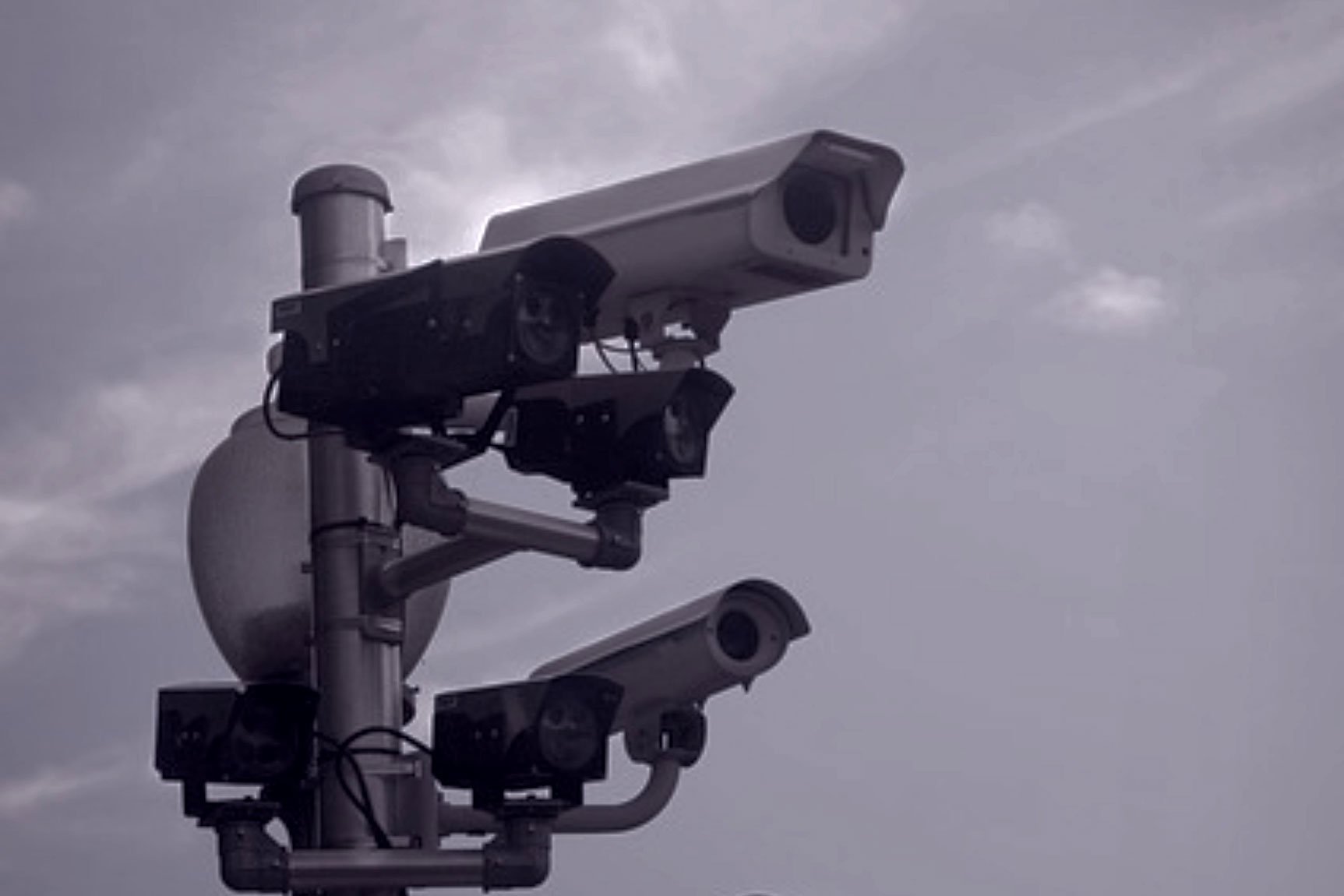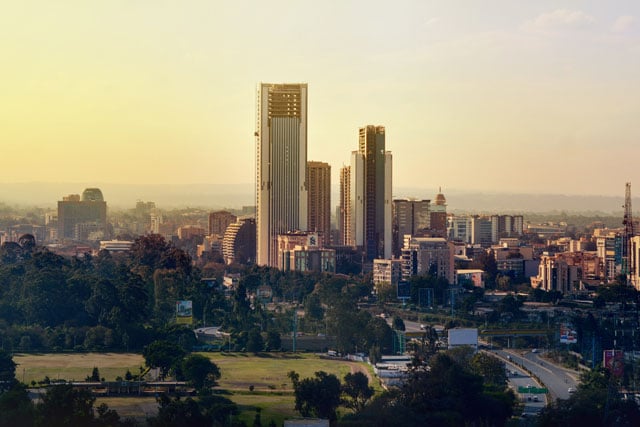
Kenya
Overview
ICNL provides comments on proposed legislation that impacts freedom of expression, association, and assembly such as Anti-Money Laundering and Combating of Terrorism Financing Laws (Amendment) Bill, 2023, and the Computer Misuse and Cybercrimes (Amendment) Bill, 2021. ICNL actively engages the Civil Society Protection Platform, the Civic Freedoms Forum, and other partners on diverse civic space issues and supports local CSOs to shift the legal and policy landscape.
The Protecting Rights, Openness and Transparency Enhancing Civic Transformation (PROTECT) program is a consortium partnership for knowledge and learning aimed at countering shrinking civic space, easing pressure on independent media and infomediaries, and enhancing transparency through better civil society access to data and information. Initiatives in Kenya are geared towards supporting civil society organizations, marginalized groups, human rights defenders and infomediaries to hold government accountable, and to assist civil society to explore opportunities presented by the devolution policy, shifting of power from national to local government, with the aim of expanding and protecting civic space. ICNL has worked with a range of civil society partners in Kenya on initiatives under PROTECT, including the Kenya Community Development Foundation, Muslims for Human Rights, Mzalendo Trust, Community Initiative Action Group-Kenya, and KICTANet.
Key Resources
Civic Freedom Monitor: Kenya
ICNL’s Civic Freedom Monitor provides up-to-date information on legal issues affecting civil society and civic freedoms, including the freedoms of association, expression, and peaceful assembly. Read our Kenya report here.
Global Grantmaking Country Notes
In partnership with the Council on Foundations, ICNL maintains reports on thirty-four countries that help U.S grantmakers undertake equivalency determinations for foreign grantees. The reports in this series describe the legal frameworks for nonprofit organizations and provide translations of relevant legislative provisions.
Read Here (via COF)Civil Society Organization Sustainability Index
The index, funded by the U.S. Agency for International Development for twenty years, documents the development of civil society in seventy-one countries around the world, including Kenya. ICNL and FHI 360 work with local partners to produce the index annually.
Read Here (VIA FHI360)COVID-19 Resources
Covid Legal Measures with International Standards
A Checklist to assess whether COVID-19 legal measures comply with international legal guidance to protect association and assembly rights issued by the African Commission on Human and Peoples’ Rights (Human Rights Based Effective Response to Covid-19 in Africa) and the United Nations Special Rapporteur on the rights to freedom of peaceful assembly and association (Ten Key Principles to ensure measures respect human rights to association and peaceful assembly).
International Legal Framework Governing Public Health Emergencies
A Briefer on the international legal framework governing public health emergencies. It covers existing international human rights treaties that set out the parameters for protecting fundamental rights in times of emergency to assist states in ensuring a rights-respecting response.
Open Government Partnership, Civic Space, and COVID-19
A Briefer outlining the Open Government Partnership system and how this approach can help protect civic space during the pandemic. It provides examples that enable individuals and organizations to review new measures, share concerns directly with law and policymakers, and continue to protect fundamental human rights while controlling the pandemic.
Kenyan Government Responses to COVID-19
An overview that outlines measures introduced by the Kenyan government to address the coronavirus pandemic, noting instances where a measure has restricted or may restrict civic space.
All Kenya News & Resources
Kenya Digital Legal Library Documents
Kenya Data Protection Act No. 24
Kenya Computer Misuse and Cybercrimes Act No. 5
Income Tax Act
Sign up for our newsletters
Sign up




